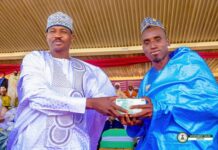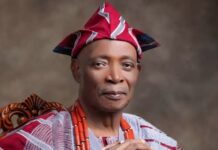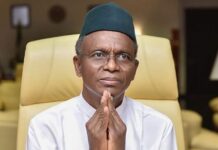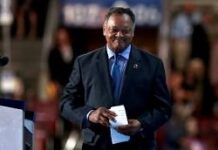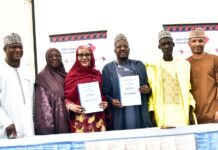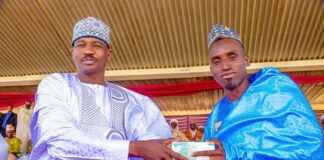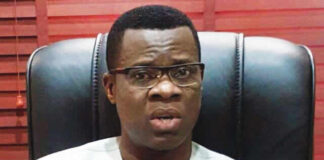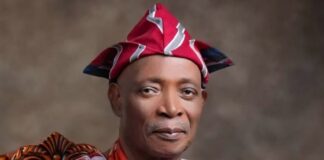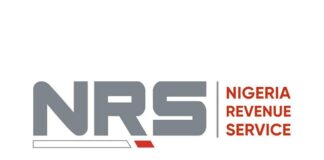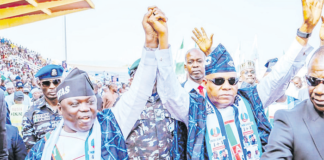Today, 25, February 2022, Nigerians will go to the poll to elect a new president and 468 federal lawmakers. The exercise is the first phase of the 2023 general election while the second phase, the governorship and state assembly poll comes up in two weeks after.
The 2023 general election is the seventh since the restoration of democracy in the country. The previous elections were held in 1999, 2003, 2007, 2011, 2015 and 2019.
According to INEC, 18 registered parties are fielding candidates in today’s election, the most keen in Nigeria’s contemporary political history..
The presidential candidates and their parties are Christopher Imumolen (Accord), Hamza Al-Mustapha (AA), Omoyele Sowore (AAC), Dumebi Kachikwu (ADC), Yabani Sani (ADP), Bola Tinubu (APC), Peter Umeadi (APGA), Princess Ojei (APM) and Charles Nnadi (APP).
Others are Sunday Adenuga (BP), Peter Obi (LP), Rabi’u Kwankwaso (NNPP), Felix Osakwe (NRM), Atiku Abubakar (PDP), Kola Abiola (PRP), Adebayo Adewole (SDP), Ado Ibrahim Abdulmalik (YPP) and Dan Nwanyanwu (ZLP).
Despite the array of the presidential hopefuls, analysts and watchers of Nigeria’s democracy have, however, dubbed the election a four-horse race between Tinubu, Atiku, Obi and Kwankwaso.
The winner of today’s presidential election will be sworn in on 29 May for a four-year term to succeed President Muhammadu Buhari whose second term in office lapses on that day.
Also, about 4,000 candidates are standing for elections into the two chambers of the National Assembly. While about 1,100 are gunning for 108 out of the 109 seats in the Senate, a total of 3,057 candidates are contesting for the 360 seats in the House of Representatives. Election will not hold in Enugu East Senatorial District until 11 March because of Wednesday’s murder of the candidate of the Labour Party, Oyibo Chukwu.
The lawmakers that will be elected today will be inaugurated in June as members of the 10th session of the bi-camera federal legislature.
The Independent National Electoral Commission (INEC), had earlier announced that 93.5 million Nigerians registered to vote in the general election but a little over 87 million, who picked their Permanent Voters Cards (PVC), will actually participate in the poll.
The voters, spread across the 36 states of the federation, 774 local government areas and 8,809 wards, will exercise their franchise in 176,846 polling units.
A total of 1.5 million people will serve as agents for the 18 political parties in the election.
In the main, INEC, which recently held a mock accreditation, said it is ready for the polls amid apprehension caused by the naira crisis and security challenges. Its Chairman, Mahmood Yakubu, assured that it is committed to a free and fair process because its allegiance is to the country.


